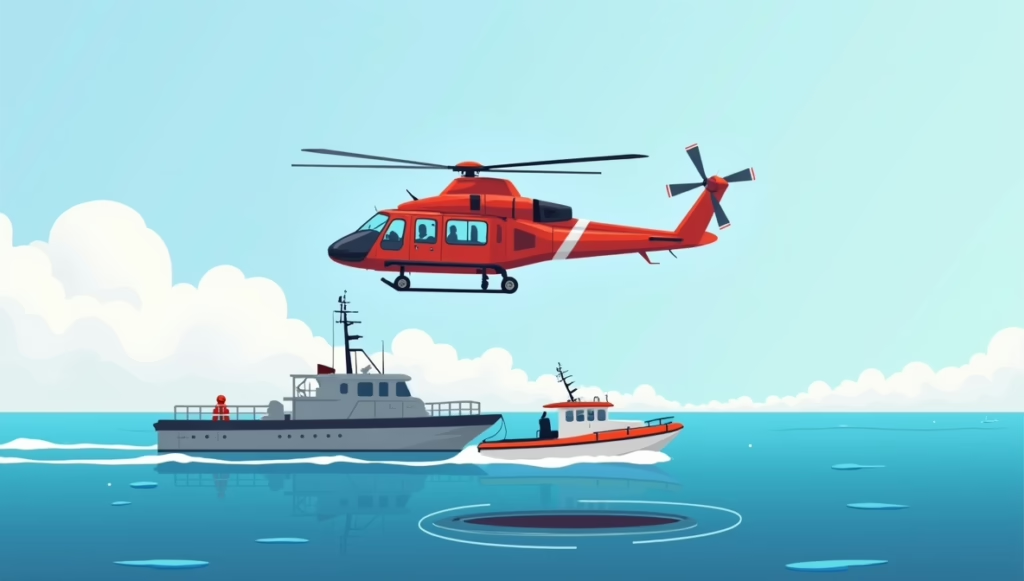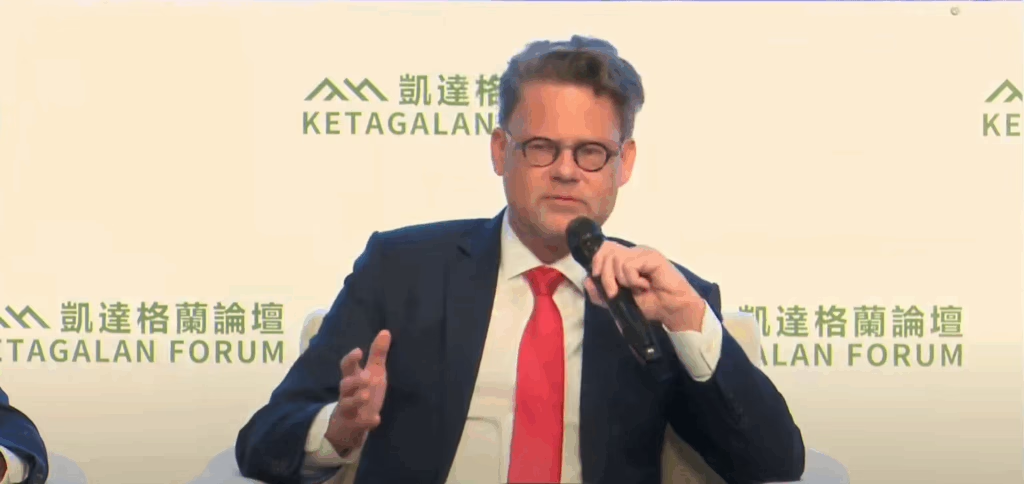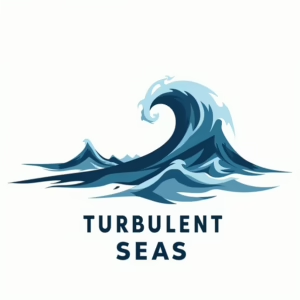It was a pleasure to contribute to an innovative EU-Indonesia track 1.5 dialogue this week.
Track 1.5 dialogues are a conventional tool in diplomacy. In Southeast Asia they are even one of the main modes of diplomatic negotiations – known as the ‘ASEAN way’. Mixing participants from ministries of foreign affairs, governmental research organizations and independent think tanks, their primarily objective is usually trust and confidence building, developing interpersonal networks, but also epistemic alignments: open exchanges on problem interpretation, current and planned policies, recent developments and plans. Chatham house rules are usually applied and participants are asked to make frank remarks or ask critical questions, which could otherwise violate diplomatic conventions. If and how such events are effective and trickle down to formal track 1.0 diplomatic negotiations is often debated, but in the end very difficult to measure.
This week I participated in the EU-Indonesia track 1.5 dialogue. Mainly concerned about the implications of the recent comprehensive trade treaty, the event was noteworthy as the EU tried out a new format: strategic foresight. In what might be described as “foresight diplomacy”, the focus of the event was on exchanges on foresight expertise.

Strategic foresight is a planning approach that has become increasingly popular in the defense sector, economic policy making, but also the commercial sector. As a methodology it is focused on the management of risk by identifying mega trends and scenarios. Contrary to forecasting, multiple futures are anticipated and evaluated for their plausibility in participative processes. The goal of planning is preparedness and resilience. Both the OECD and NATO have developed important guidelines for carrying out such analyses and the EU and Indonesia, but also many others, have developed foresight capacities in their diplomatic services.
Foresight diplomacy is focused on the systematic exchange not only of experience, but also the outcomes of foresight exercises. Comparisons between meta trends, scenarios and resulting gaps and planning priorities serve as the basis for not only epistemic alignment, but also identifying common interests and collective action space.
According to the organizers the event that I attended was one of the first in which the EU, led by the foresight unit in the European External Action Service and its partner – Forward Global –, tested this approach. While there’s a risk that foresight diplomacy dialogues become methods driven and technocratic, they might be extremely useful to overcome the short-termism and news focus that too often prevails at track 1.5 dialogues. I look forward to following how the EU continues to advance this innovative form of diplomacy.


